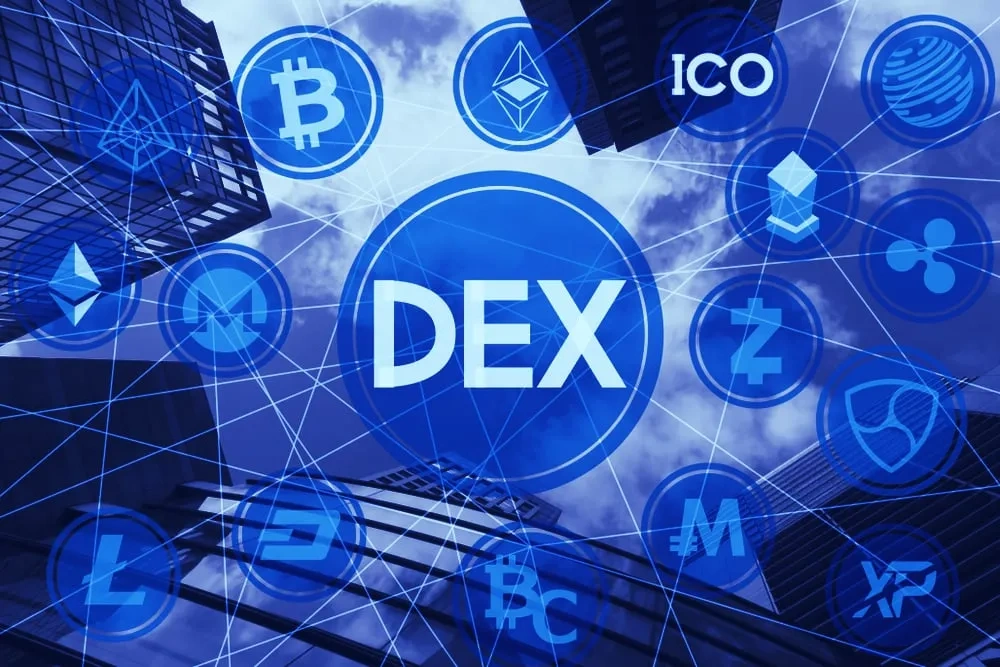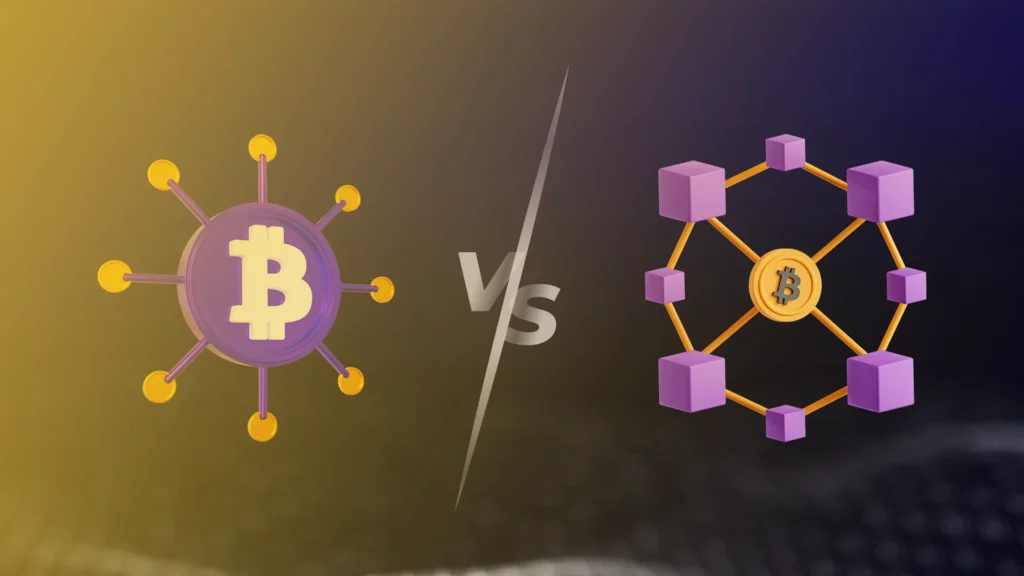CEX vs DEX: Which Crypto Exchange Really Fits Your Style?
If you’ve ever dipped your toes into the crypto world, chances are you’ve come across the term CEX vs DEX — but what does it really mean? In simple terms, CEX stands for centralized exchanges, while DEX means decentralized exchanges. Both are popular places to trade cryptocurrencies, but they operate in very different ways, and understanding those differences can make a big difference in how you approach your crypto journey.
What’s the deal with CEX vs DEX anyway?
Let’s start with centralized exchanges (CEX). These platforms — think Binance, Coinbase, or Kraken — act a lot like traditional stock exchanges. They hold your funds, match buyers and sellers, and handle all the backend stuff to make trading smooth and fast. The upside? They tend to be user-friendly, with high liquidity, meaning you can buy and sell quickly without much hassle. Plus, their customer support can actually be reached when things go sideways — which, believe me, is a big deal in crypto.
On the flip side, many people argue that CEXs aren’t exactly “trustless.” Why? Because you have to hand over control of your coins to the exchange. This means if the platform gets hacked or, worse, turns shady, your funds could be at risk. And, well, history has some wild stories in that department. So, yes, CEX can be convenient but come with some serious “what if” scenarios.


Decentralized exchanges — freedom or chaos?
Now, decentralized exchanges (DEX) like Uniswap, SushiSwap, or PancakeSwap operate without a middleman. They run on blockchain technology, letting you trade directly from your own wallet — no need to trust a company to hold your coins. This sounds like a dream for privacy buffs and hardcore crypto enthusiasts. No signups, no KYC, just pure peer-to-peer trading.
But hold on… it’s not all rainbows. DEXs often have lower liquidity, which means prices might fluctuate more wildly, and trades can take longer or cost more in gas fees (transaction fees on the blockchain). Also, their interfaces can be a bit intimidating for beginners — it’s not always clear what you’re agreeing to, and mistakes can be costly because there’s usually no customer service to bail you out. So, while DEXs offer autonomy, they require a certain level of savvy and caution.

Comparing CEX vs DEX: Security, control, and costs
When debating CEX vs DEX, security is a hot topic. CEXs keep your crypto in their wallets, so you’re trusting them to keep it safe. Some platforms are rock solid and insured, others… not so much. DEXs, meanwhile, let you keep your keys, meaning you’re in control but also fully responsible. Lose your private key? Say goodbye to your coins forever.
Then there’s the question of fees. CEXs usually have clear, fixed fee structures, though some hidden costs can pop up, like withdrawal fees or spreads. DEXs tend to charge gas fees for each transaction — which can skyrocket when the network is busy. So depending on when you trade, those fees might surprise you.


So, which one should you pick?
Honestly, there’s no one-size-fits-all answer here. If you’re new to crypto or trade frequently, a CEX might be the easier, safer bet. But if privacy, control, and decentralization are your priorities, and you don’t mind a bit of a learning curve, a DEX could be your playground.
Some traders even juggle both — using CEXs for quick buys and sales, and DEXs for exploring new tokens or keeping funds off centralized platforms. It’s all about what fits your risk tolerance, tech comfort, and trading goals.

Final thoughts on CEX vs DEX
At the end of the day, the CEX vs DEX debate isn’t just about tech — it’s about trust, control, and how much responsibility you want to shoulder. Maybe in a few years, the lines will blur, or new hybrid models will pop up. Until then, know your options, weigh the pros and cons, and pick what feels right for you.
And hey, if you’re still unsure, that’s perfectly okay — even the pros can’t agree sometimes. Just keep learning and don’t rush into handing over your crypto to anyone, centralized or not.
Relevant news: here




